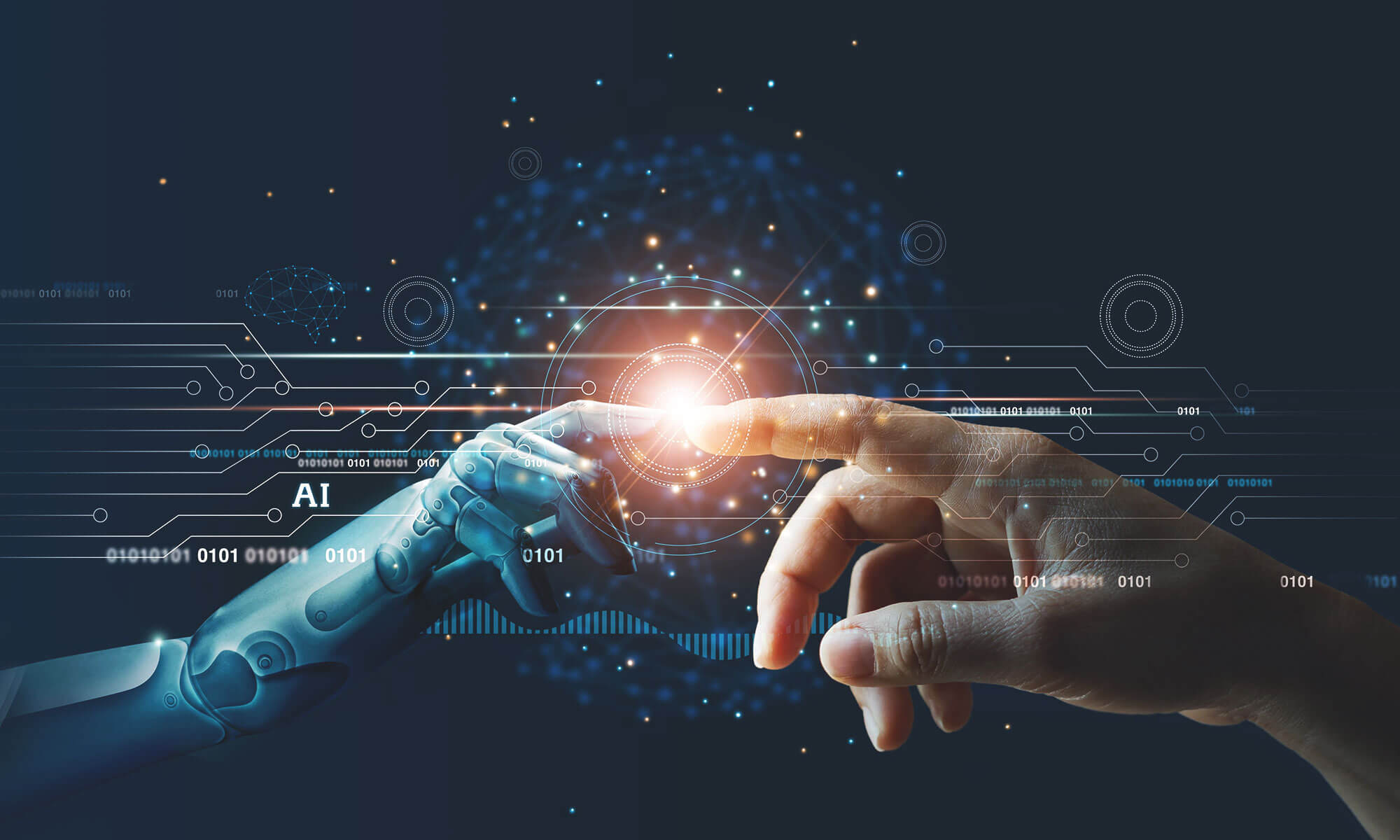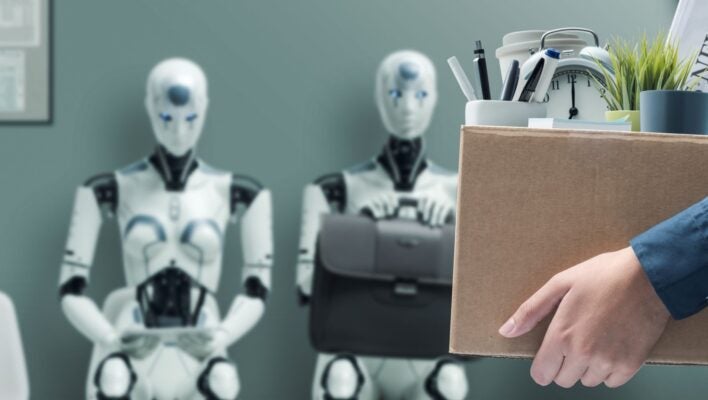




Everywhere you turn, someone is shouting, "AI is going to take over the world!" It’s dramatic, sure, but is it realistic? Let’s break this down because the story is far more nuanced than the headlines suggest.
To begin with, artificial intelligence isn’t some alien entity poised to outwit and overthrow humanity. AI is essentially a tool—a very sophisticated tool, but a tool nonetheless. Its roots go back to the mid-20th century, specifically to 1954, when George Devol invented the first programmable robot. We've been experimenting with automation ever since, but it’s only in the past decade that AI has hit the mainstream in a big way.
Now, there’s a lot of talk about AI becoming as smart as humans, perhaps even smarter. This belief—widely popularized by futurists like Ray Kurzweil and philosopher Nick Bostrom—predicts a future where superintelligent machines surpass human capabilities, potentially reshaping society as we know it. But before we dive into such sci-fi scenarios, we need to understand where AI truly stands today.
AI has made incredible strides in recent years. From mastering games like chess and Go to assisting doctors with diagnoses and transforming industries with automation, it’s clear that AI is powerful. But here’s the catch: AI’s power is highly specialized.
These systems excel at tasks like identifying patterns, analyzing large datasets, and performing repetitive functions faster and more accurately than humans. What they cannot do is think, reason, or understand the world in the way we do. While humans can adapt, innovate, and approach problems with creativity and empathy, AI operates on predefined rules, algorithms, and statistical models.
The leap from narrow AI (what we have now) to artificial general intelligence (AGI)—systems with human-level thinking—remains a huge scientific challenge.
One common myth in AI development stems from the belief that solving specific, narrow problems will eventually lead to the creation of general intelligence. For instance, we’ve trained AI to play games like chess and Go at a superhuman level. The hope is that by mastering many such tasks, AI will one day “figure out” how to think like us.
But this idea oversimplifies intelligence. Human cognition isn’t just a collection of solved tasks; it’s about abstract reasoning, situational awareness, and emotional understanding. AI lacks these qualities because it doesn’t truly understand anything—it just processes data according to the patterns it’s been trained on.
Even the most advanced AI models like GPT or image recognition algorithms aren’t thinking in the human sense. They’re mimicking intelligence based on vast amounts of data.
Another persistent myth is that AI will take all our jobs, leaving humans unemployed and obsolete. While it’s true that AI is transforming industries and automating tasks, this doesn’t mean it’s replacing humans altogether.
AI is particularly skilled at tasks that involve:
However, tasks requiring creativity, emotional intelligence, and complex decision-making remain the domain of humans. For example:
While AI can analyze legal documents, lawyers are still needed for nuanced interpretation and negotiation.
AI can help diagnose diseases, but doctors provide empathy and understand a patient’s holistic needs.
Instead of taking over jobs, AI is more likely to complement human work. It frees us from repetitive tasks, allowing us to focus on roles that demand critical thinking, innovation, and interpersonal skills. Think of it as a collaboration, not a competition.
Here’s a fun one: the myth that AI will become an unstoppable force, ruling over humanity like a scene from The Matrix. This idea is fueled by pop culture, YouTube conspiracy videos, and sensationalist headlines, but let’s get real—it’s just not plausible.
Creating a general AI that’s smarter than humans requires breakthroughs we haven’t even begun to approach. Intelligence isn’t just about raw computational power; it involves adaptability, context, and values—concepts that aren’t easily codified into algorithms.
Moreover, every new AI technology is created with safety and regulation in mind. Researchers and policymakers are actively working to ensure that AI systems are aligned with human values and societal needs.
The fear of AI as an “overlord” ignores the fact that humans design, build, and control these systems. We are far from a point where AI could independently decide to “take over.”
The hype around AI myths often comes from misunderstanding and exaggeration. Many of these ideas are rooted in a mix of fear, fascination, and financial interests:
Fear: Humans have always been wary of what they don’t fully understand. AI is no different.
Fascination: Stories about superintelligent machines capture our imagination and make for great entertainment.
Financial Interests: AI is a booming industry, and hype helps attract funding and public attention.

While AI taking over the world is a myth, the technology does raise valid concerns:
Bias: AI systems can unintentionally reinforce societal biases if trained on biased data.
Privacy: The widespread use of AI in surveillance and data analysis raises ethical questions about privacy and consent.
Dependency: Over-reliance on AI could make humans less capable of performing critical tasks independently.
These challenges require thoughtful solutions, but they are a far cry from the apocalyptic scenarios painted by AI myths.
Instead of fearing AI as a threat, we should see it as a tool with the potential to make our lives better. AI can help us tackle some of the world’s biggest challenges, from climate change to healthcare. But to fully realize this potential, we need to understand its limitations and address its risks.
AI isn’t here to take over—it’s here to assist. By embracing it responsibly, we can harness its power for good while steering clear of the myths and misinformation that cloud the conversation.